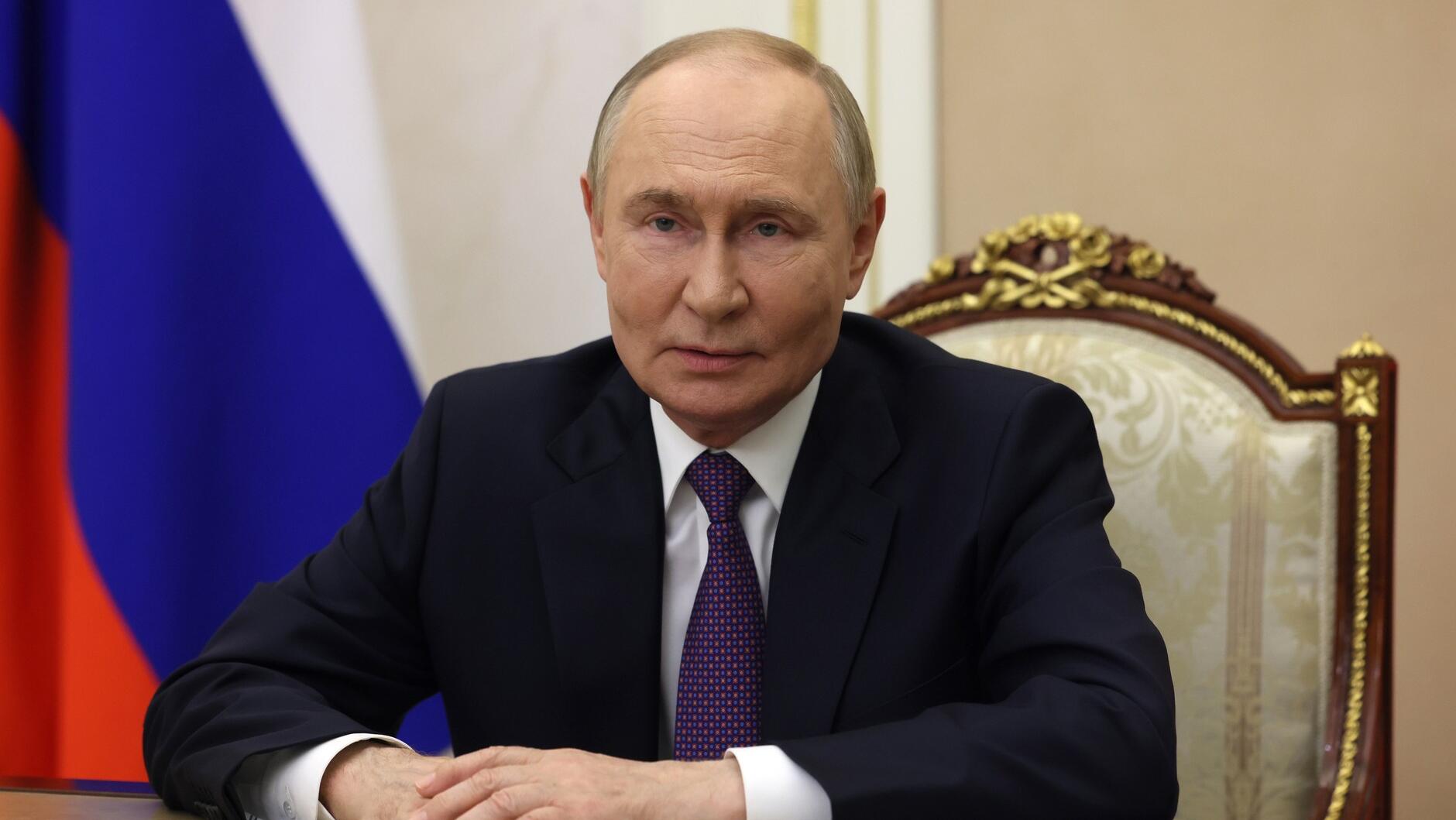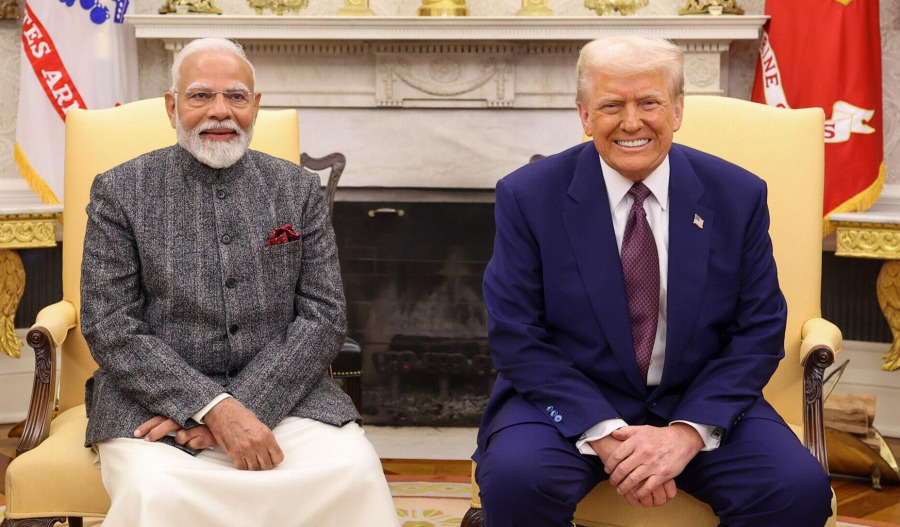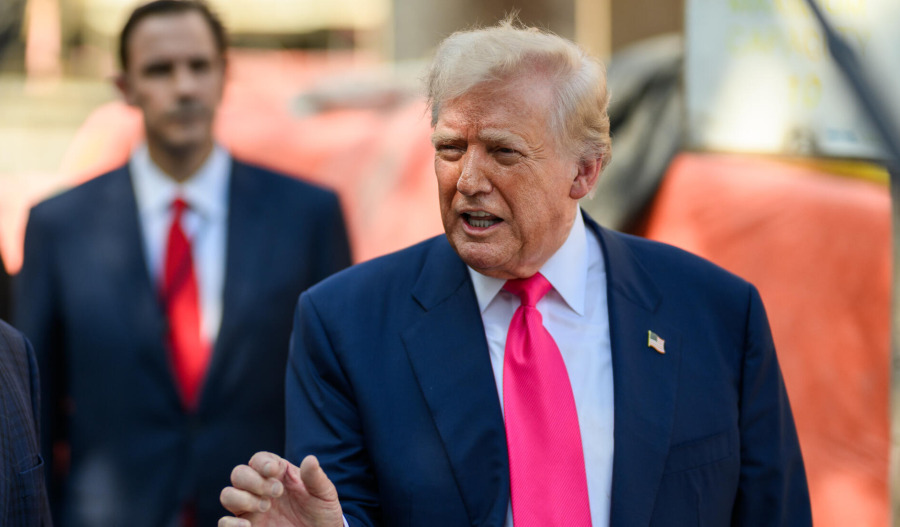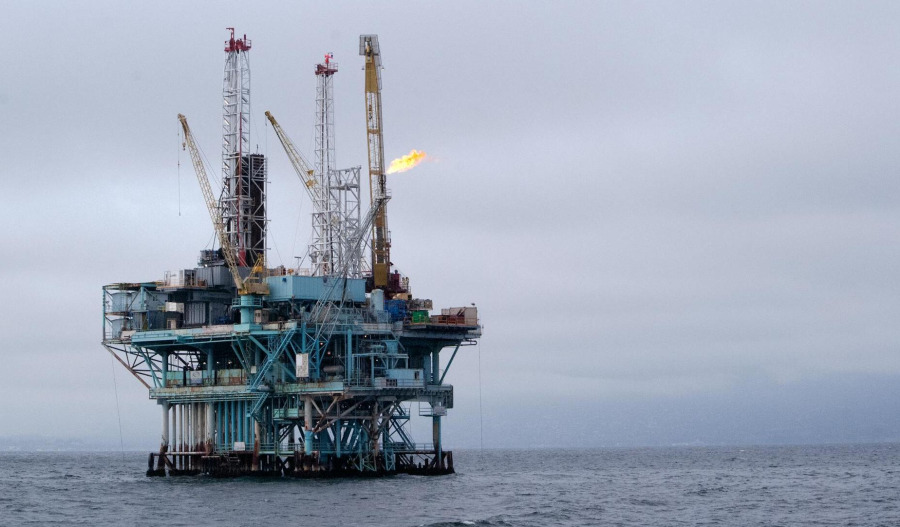Russian President Vladimir Putin may plan to use this week’s talks with United States President Donald Trump to negotiate an end to Russia’s invasion of Ukraine to improve Russia’s struggling economy.
Trump and Putin will meet in Alaska on Friday. Russia’s economy has faltered in recent months due to a slump in its oil revenues, high inflation, and international sanctions.
Russia could seek U.S. investment or economic collaboration at these talks, the Kremlin has suggested. “Incidentally, the economic interests of our countries intersect in Alaska and the Arctic, and there are prospects for implementing large-scale and mutually beneficial projects,” said Putin advisor Yuri Ushakov.
Trump has said the U.S. will drastically raise tariffs on countries purchasing oil from Russia, such as India, but has so far declined to add further sanctions on Russia.
The U.S. also will impose tariffs of 100% on Russian goods if no deal is reached to end the war. While Trump has initially set a 50-day deadline for this peace agreement last month, he later cut this to “10 or 12 days”, and has said tariffs could begin before the deadline.
Ukrainian President Volodymyr Zelenskyy has not been invited to the Alaska talks, though the White House is reportedly considering doing so. European officials have also not been invited.
These talks will be the first time a Russian leader has visited the U.S. since 2007.
European defence stocks, including the United Kingdom’s BAE Systems, Germany’s Rheinmetall, and Italy’s Leonardo, dropped on Friday after these Putin-Trump talks were announced.
While Russia’s economy posted a growth rate of 4% in 2023 and 2024, this has slowed down significantly as the war has progressed. The country’s budget deficit also reached RU₽4.9 trillion (US$61.5 billion) last month.
The International Monetary Fund cut its forecast for Russia’s economic growth in July. It now projects 0.9% economic growth, down from the 1.5% it predicted in April.
VTB Bank, Russia’s second-largest, reported a 49% year-over-year drop in net interest income in the first half of 2025.
Related content



